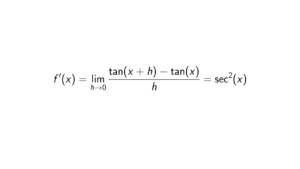Proof. Assume that for all in that holds. Let . Then since is a group, we know that . Further, we know that and that . Now take . Because , we have that . Now, multiply on both sides on the right side of , then we get . As , we have that . The same holds argument for . So we get . Wrapping everything together, we can write the proof as
If g^2 = e for all g in G, then G is abelian
If for all in , then is abelian
Proof. Assume that for all in that holds. Let . Then since is a group, we know that . Further, we know that and that . Now take . Because , we have that . Now, multiply on both sides on the right side of , then we get . As , we have that . The same holds argument for . So we get . Wrapping everything together, we can write the proof as
Proof. Assume that for all in that holds. Let . Then since is a group, we know that . Further, we know that and that . Now take . Because , we have that . Now, multiply on both sides on the right side of , then we get . As , we have that . The same holds argument for . So we get . Wrapping everything together, we can write the proof as
